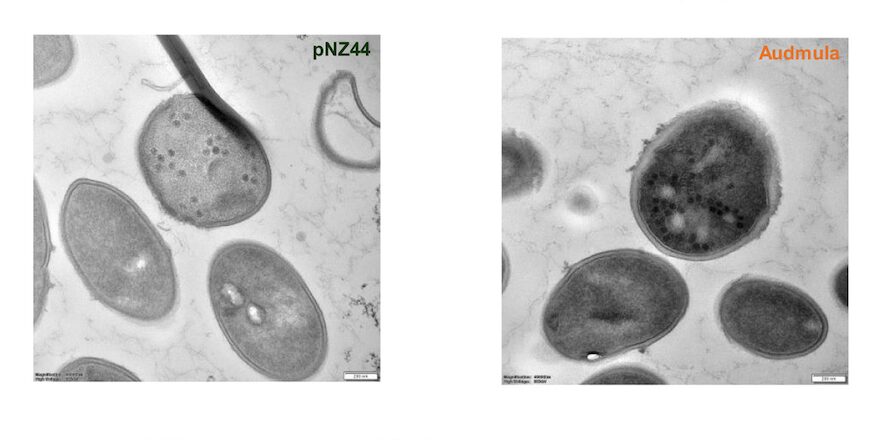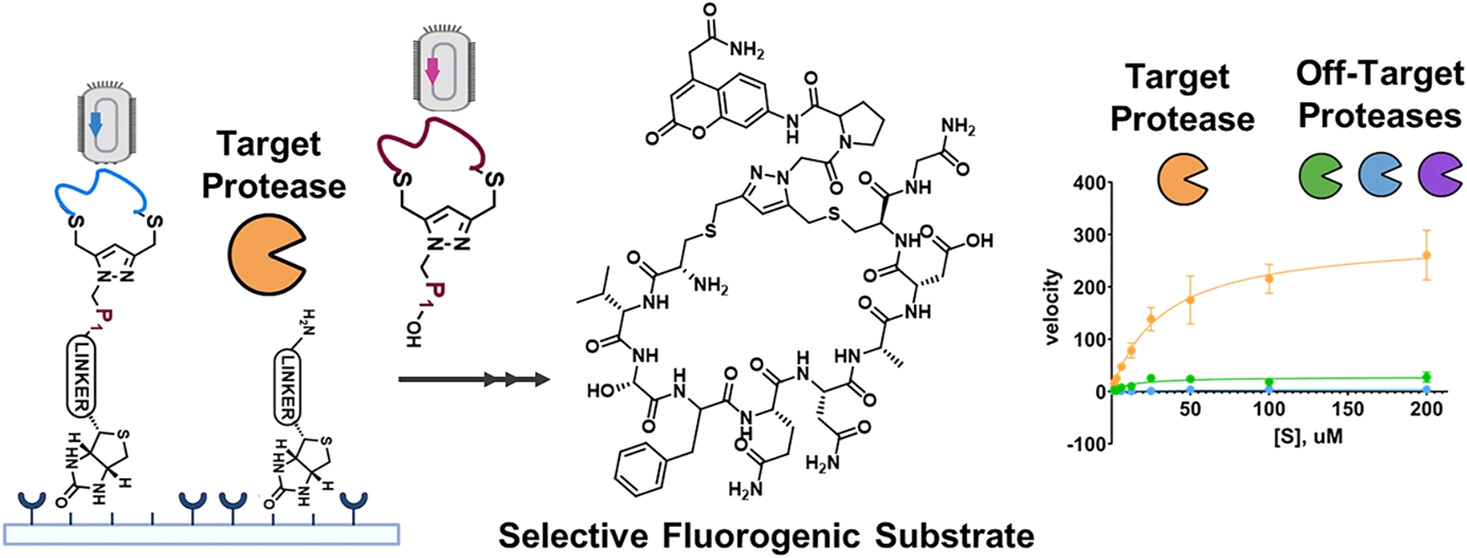
The Medicines and Healthcare products Regulatory Agency (MHRA) has released a comprehensive new document aimed at guiding researchers and pharmaceutical companies in the safe development of phage therapies, virus-based treatments that target bacterial infections.

MHRA Chief Executive Lawrence Tallon emphasised the urgency of innovation in infection treatment, stating, “With some infections growing increasingly resistant to antibiotics, patients urgently need new solutions. Phage therapy is one such promising approach. This guidance brings clarity to researchers and developers, supporting safe innovation while upholding the high safety and quality standards patients expect.”
Tallon highlighted the UK’s broader ambition: “We’re working closely with industry to foster life sciences innovation and position the UK as a global leader in this field.”
Understanding Phage Therapy
Phage therapies harness bacteriophages, viruses that specifically attack bacteria, as an alternative to traditional antibiotics. Unlike broad-spectrum antibiotics, phages precisely target harmful bacteria while sparing human cells and beneficial microbes.
As antibiotic resistance contributes to over 60,000 serious infections annually in the UK, the need for such targeted therapies is growing rapidly.
Addressing Personalised and Combined Treatments
The MHRA guidance outlines two key treatment models:
- Personalised phage therapies, tailored for individuals with rare or drug-resistant infections.
- Combined phage products, designed for more widespread bacterial threats.
These therapies offer hope in cases where standard antibiotics are ineffective or cannot be used, such as in patients with allergies or those who are intolerant to certain antibiotics. While a few UK patients have accessed phage treatments through compassionate use with imported products, no therapies are yet licensed domestically. The new guidance seeks to change that.
A Practical Framework for Developers
The 28-page guidance offers a step-by-step roadmap for developing phage therapies, from initial research to clinical application. It covers:
- Clinical trial evidence requirements
- Manufacturing standards based on Good Manufacturing Practice (GMP)
- Regulatory pathways for both personalised and general-use treatments
- Conditions under which unlicensed therapies may be used under clinician supervision
Dr Colin Brown, deputy director for antimicrobial resistance (AMR) at the UK Health Security Agency, called the document a foundational tool: “This guidance gives researchers a clear route forward in turning phage therapy into a viable treatment option. As resistance to antibiotics continues to rise, phage therapy could revolutionise how we manage bacterial infections.”
He also noted that UKHSA is building infrastructure to support this effort, including a central bacteriophage repository to aid access and collaboration among scientists.
Aligning with National AMR Strategy
The guidance aligns with the UK’s 2024–2029 National Action Plan on antimicrobial resistance and reflects the MHRA’s commitment to enabling science-driven healthcare innovation.
Developed alongside the Phage Innovation Network and other partners, the guidance is expected to accelerate the development and approval of safe, effective phage-based treatments.
Researchers and pharmaceutical developers can now seek scientific advice from the MHRA at any stage in the process, helping advance a new generation of infection-fighting therapies.



Leave a Reply
You must be logged in to post a comment.